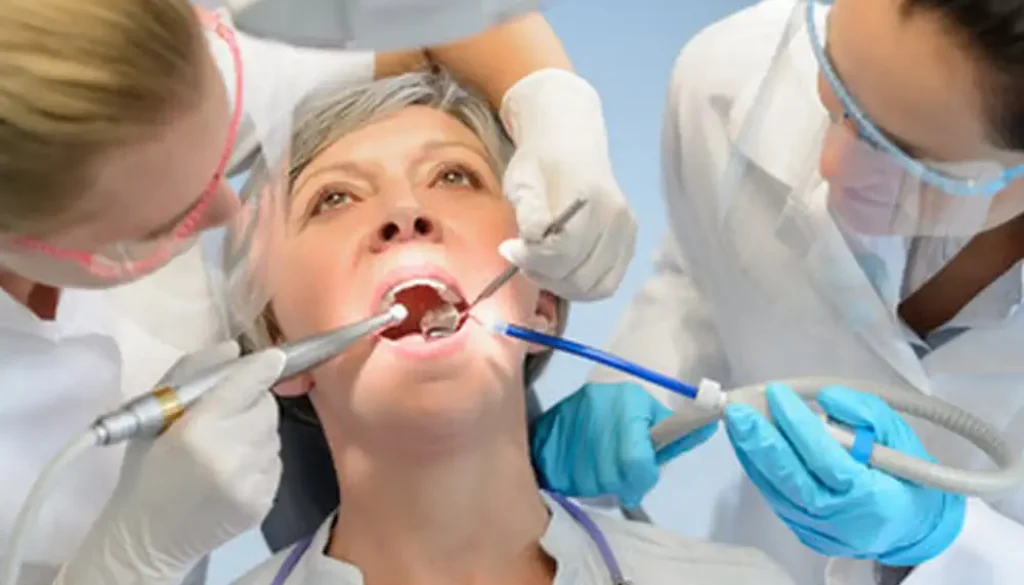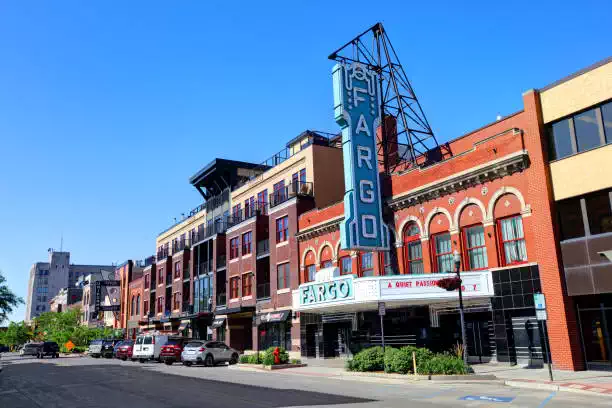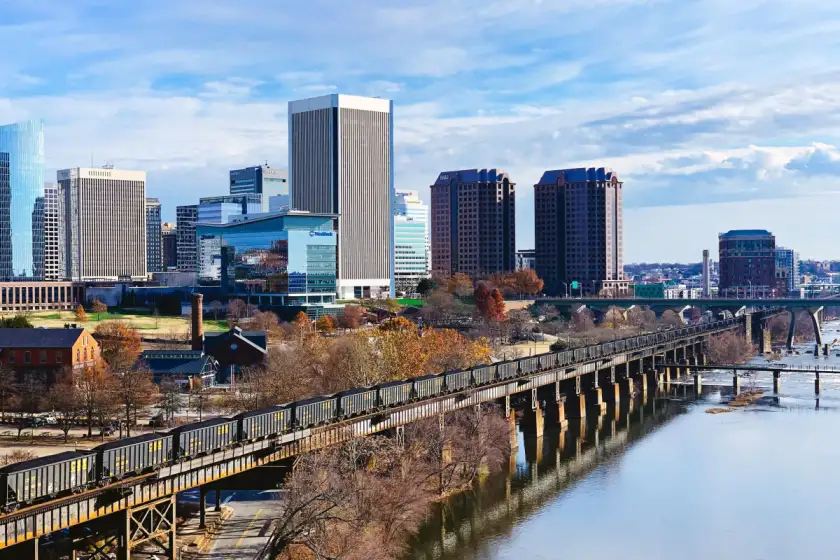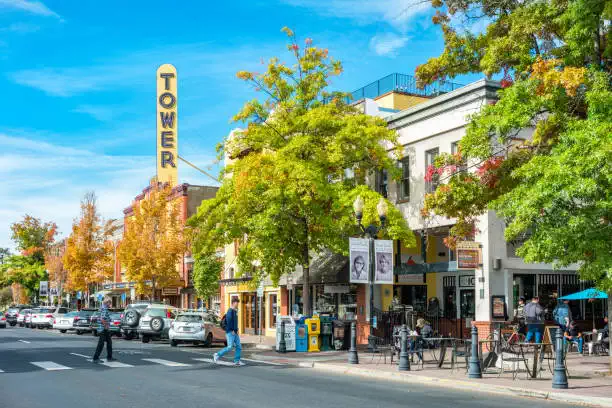Dental Grants in New Jersey
Last Updated on April 18, 2024 by Rachel
New Jersey’s rich culture and population’s diversity has made it a good state to live in. It is located near New York and Philadelphia taking advantage of urban resources and enjoyable outdoor activities. In 2019, WalletHub rated New Jersey as the fourth-best state to live in considering its low crime rates, good living conditions, low crime rates and education opportunities.
Despite its proximity to urban areas being a plus, this makes its cost of living high which can be a challenge to retired seniors depending on retirement benefits. Since it has grabbed many people’s attention, the high population density is leading to high demand of lowly supplied resources. This has made the cost of living expensive and difficult for people struggling economically to afford.
Seniors face challenges like financial insecurity, immobility, inadequate access to healthcare services, cognitive decline and dental-related conditions. Access to quality dental care ensures proper oral health of seniors improving their standard of living. New Jersey has state and local programs in place that guarantee the affordability and accessibility of oral healthcare to the disadvantaged.
Are There Grants For Dental In New Jersey?
Seniors above 65 years make up 16.9% of the population, which is above 56 million older adults. Seniors who are uninsured, disabled, have a low education level and those from minority groups have the poorest oral health. The biggest challenge influencing their oral health is financial constraints.
Over 95% of seniors have untreated tooth decays, 26% of seniors above 75 have lost all their teeth, double those aged 65-74 at and 13%. The prevalence of gum diseases in adults is high, with 68% of seniors above 65 suffering from gum problems. Oral cancers are dominant in seniors above the age of 62 years. Finally, older adults suffering from chronic diseases like diabetes and cardiovascular problems are more likely to suffer from periodontal diseases and are less likely to seek dental care compared to their counterparts.
These numbers are clear evidence that strategies and interventions are necessary to ensure the situation does not worsen. State, federal and local authorities and non-governmental agencies are working to boost the oral health status of New Jersey and the US. The goals of these groups are to fund, support and offer technical assistance to programs providing oral healthcare, monitoring prevalence of dental-related conditions and implementing and evaluating strategies developed to mitigate oral health issues. Dental grants in New Jersey are one of the interventions to support oral-care providers and licensed dentists committed to these goals.
How To Get Financial Help For Dental In New Jersey
The New Jersey Dental Association (NJDA), Dental Lifeline Network, American Dental Association, Delta Dental of New Jersey and the Department of Health and Human Services and other faith-based organizations are awarding grants to programs that provide sliding scale, free or affordable oral healthcare to undeserving citizens.
The primary demographics the dental grants focus to assist are:
- Seniors above 65 who are unable to work
- Disabled individuals
- Veterans
- Households with an income 200% below the Federal Poverty Levels.
Use the Federal Poverty Level Calculator to determine if your household is living below the poverty level.
Different programs cover different dental treatments and their qualification criteria varies depending on the organizations goals and objectives. Before applying, do your research and find the program that bests suits you and you qualify for. The Donated Dental Services is a program you can apply for if you are interested in getting comprehensive treatments and not cosmetic or emergency services. Fill out this application form, through the Dental Lifeline Network, to start the process.
Dental Grants
Dental grants cut up to 30% off your dental costs from your treatment plan and encourage older adults to prioritize their oral health without worrying about finances.
- Grants for Seniors in Indiana
- Senior Centers in Hawaii
- Housing Assistance for Seniors in Alaska
- Help for Seniors in Arkansas
- Senior Statistics of New Jersey
- Help for Seniors in Pennsylvania
- Senior Statistics of Wisconsin
- Best European Destinations for Seniors and Retirees
- Senior Centers in North Carolina
- Senior Centers in North Dakota
Cosmetic Dental Grants
The Oral Aesthetic Advocacy Group Inc. awards cosmetic dental grants to programs that help the elderly gain back their confidence through their smiles. Once an oral health assessment from a certified dentists proves your mouth can handle a cosmetic dental procedure, you are eligible for cosmetic dental grants.
Student Dental Clinics
Dental schools run dental clinics where students are allowed to provide oral care services to patients at affordable and discounted prices. Rutgers School of Dental Medicine has dental clinics that train the next generation of dentists. Services are not completely free but are more affordable than private practice. The RSDM clinics accept Medicaid but do not accept private insurance.
Are There Charities/ Local Organizations That Help With Dental Costs?
The Foundation of Morristown Medical Center
The Foundation of Morristown medical Center runs a Senior Smiles Program that supports dental care for seniors by providing quality treatments at reduced charges.
Eva’s Village
Eva’s Village is a non-profit organizations runs dental programs at their medical clinics offering treatments to underinsured or uninsured seniors. They offer assessments, check-ups, preventive care and treatments.
Jazz Bridge
If you are a senior jazz musician, the Jazz Bridge offers employment opportunities to perform at their events and live concerts. They assist economically challenged jazz and blues fanatics by offering grants and referrals to helpful resources. They have a Dental Assistance Program for elderly musicians funded by Delta Dental Foundation.
Cathedral Kitchen
Cathedral Kitchen is a charity that uses food to bring change into people’s lives. The organization runs clinics where volunteer professionals provide health service assistance to those in need. Cathedral Kitchen’s Project Smiles Dental Clinic serves uninsured and homeless older adults in Camden County.
Are There Free Or Low-cost Dental Clinics In New Jersey?
- Zufall Health- Flemington
- Paterson Dental Clinic- Paterson
- Dental Health 360- Paramus
- University Dental Center- Somerdale
- New Jersey Dental Centers- West New York
Does Medicare Cover Dental Implants In New Jersey?
Dental care is costly explaining why most insurance companies do not cover dental costs, including Medicare. Dental implant prices range from $1,500 to $25,000 depending on the severity of your oral health problem.
The Original Medicare plans, Part A and B, do not cover dental costs. However, Medicare Advantage has dental coverage. This plan, Part C, is a senior insurance cover offered by private insurance companies but controlled by the federal government. You can add a dental and vision plan to your MA plan at affordable prices. Your MA plans are graduated meaning the cost of coinsurance reduces with time.
Medicare Advantage will cover part of dental implant costs but you will have to pay for deductibles, coinsurance and copayments. Also, your plan will have a cutoff amount for dental cover per year. Speak to your local dentist to help you find you a cover with an affordable coinsurance plan and a maximum annual benefit to cover your expenses.
Are There Grants Or Programs For Helping With Fillings, Decay, Cleanings And Root Canals Costs?
Medicaid Adult Dental Benefits
In the state of New Jersey, Medicaid offers uninterrupted comprehensive dental benefits to base and expansion populations. The benefits include two prophylaxis per year, diagnostic services, periodontal treatments, root canals, two oral examinations per year and crowns.
Financial Assistance
Supplemental Security Income: If you’re a senior above 65, with an income and assets worth below $2,000, the Social Security Administration offers you this monetary assistance to help you meet clothing, housing and food needs.
Because of the various dental conditions that seniors suffer from that go untreated due to finances, dental grants are a significant intervention to ensure everyone can access oral healthcare.







